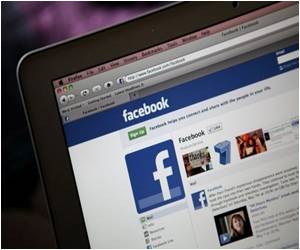Eating disorders are thought to be found only in women and this perception is preventing men with the disorder from getting the help and support they need, as shown in a small study.

The incidence of eating disorders is on the rise among men, with some estimates suggesting that men now account for one in four cases. But poor recognition of the signs and symptoms of eating disorders in men is likely to mean that the true prevalence may be higher, still, say the authors.
They interviewed 39 young people between the ages of 16 and 25, 10 of whom were men, about their experiences of eating disorders, in a bid to gauge the impact of gender on diagnosis, treatment, and support.
The interviews were carried out to inform an online patient resource (Healthtalkonline), and participants were recruited from patient organisations, social media, and healthcare professionals.
Four themes emerged from the interviews: recognition of early signs and symptoms; recognition of the problem; getting help; and initial contact with healthcare and support services.
All the men took some time to realise that their experiences and behaviours were potential signs and symptoms of an eating disorder during which time these became entrenched.
Advertisement
The perception that eating disorders are a women's problem, and particularly a problem for young women, was cited as one of the main reasons why it took them so long to understand what was happening.
Advertisement
None of the men was aware of the symptoms of an eating disorder, and friends, family, and teachers were also very slow to recognize the symptoms, frequently putting the changed behaviours down to personal choices.
It was only reaching a crisis point or being admitted as an emergency that triggered the realization of what was happening to them, the men said.
They also delayed seeking help because they feared they wouldn't be taken seriously by healthcare professionals, or didn't know where to go for support.
And their experiences of the healthcare system were mixed. They said they often had to wait a long time for specialist referral and had sometimes been misdiagnosed, or, as in one case, told by the doctor "to man up." They complained of insufficient information about eating disorders targeted specifically at men.
"Men with eating disorders are underdiagnosed, undertreated and under researched," write the authors.
"Our findings suggest that men may experience particular problems in recognizing that they may have an eating disorder as a result of the continuing cultural construction of eating disorders as uniquely or predominantly a female problem," they add.
This perception has "also been embedded in clinical practice," they note, adding that in order to improve the outlook for men with eating disorders, "early detection is imperative."
Eating disorders cost the NHS between £50 and £70 million, while anorexia has the highest death rate of all adolescent psychiatric conditions, they point out.
Source-Eurekalert















